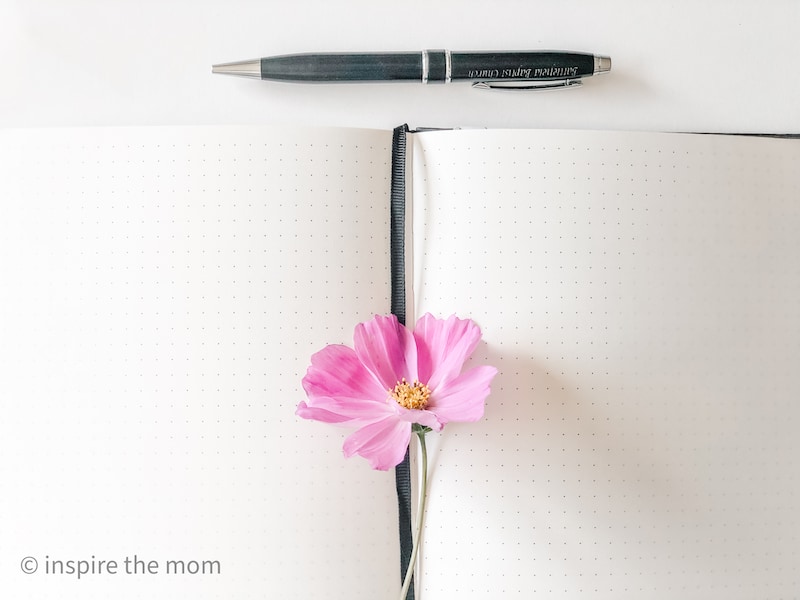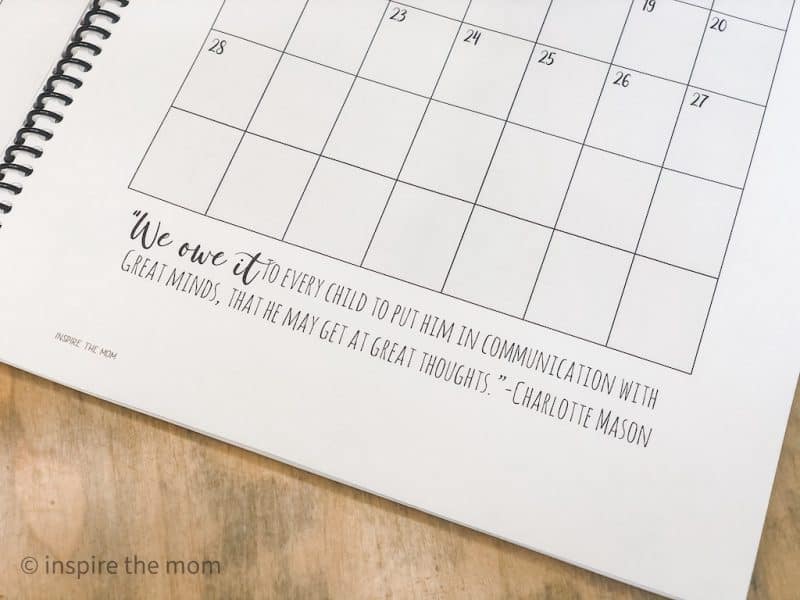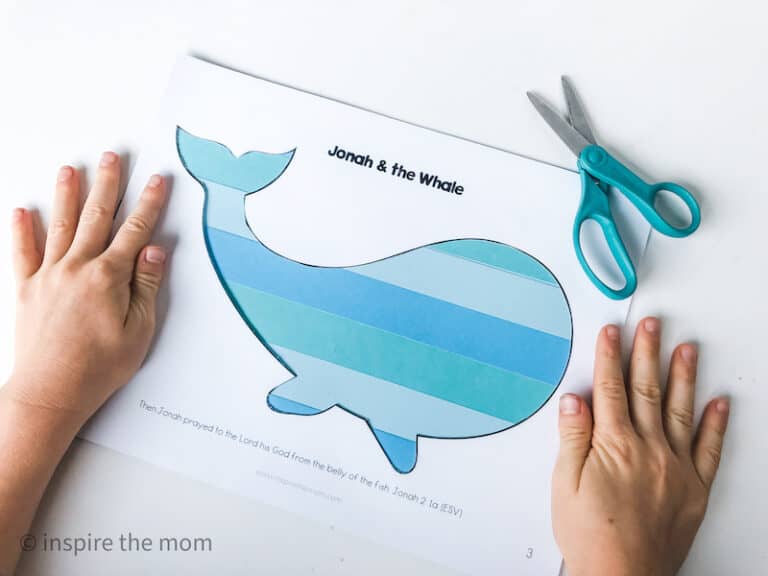A Quick Guide to the Six Homeschool Styles
Have you ever wondered what your homeschool style is? Or what the differences between homeschool styles are to begin with?
If so, stick around because we are going to do a quick overview of each homeschool style. And when we are done, hopefully you will have better understanding of ways you can do schooling at home.
The other benefit of having a general knowledge of these styles is that you are better equipped to choose the one that will best fit your family. With that being said, let’s get started!
What are the different types of homeschooling?
First off, what are the different types of homeschooling? The different types of homeschooling or styles of homeschool typically fall within the one of the following six categories: Traditional, eclectic, classical, Charlotte Mason, units, and unschooling.
Now, let’s take a moment to explore each one of these different types of homeschooling.
The Six Homeschool Styles
1. Traditional Homeschooling
This is the style of homeschool that is probably the most similar to traditional education. Textbooks, quizzes, workbooks, and schedules are all characteristics of this method. Typically, traditional homeschoolers like to be on par with grade levels and benchmarks required in traditional, public schools.
Parents (especially those new to homeschool) enjoy this style because they have a specific program and plan to follow. Instead of being intimidated by curriculum choices, they are able to buy the entire grade set and rest easy that their child’s academics will be aligned with what would be taught in a regular school setting.
Examples of this method include Abeka, Veritas Press, and Christian Liberty.

2. Eclectic Homeschooling
Families who combine methods, or pick and choose from different curriculum resources are categorized as eclectic. These homeschool families do not prescribe to a particular philosophy, brand, or curriculum.
This style is great for parents who love to do their research. These parents enjoy the freedom to shop around and choose what will work best for their children as well as their home life.
Learn more: (affiliate links)
- The Relaxed Art of Eclectic Learning– by Amber Oliver
- The Brave Learner– by Julie Bogart
- Home Learning Year by Year by Rebecca Rupp
3. Classical Homeschooling
The Classical method of homeschool incorporates the Ancient Greek trivium method with three stages for education: the grammar stage, logic stage, and the rhetoric stage. Consequently, living books, memorization, copywork, narration, and Latin are all key characteristics.
Examples of Classical Curriculum are: Classical Conversations, Story of the World, and Lessons for the Well-Trained Mind.
Having the knowledge of these stages of learning gives families a focus and outline for their child’s entire education. Most parents who choose this method feel confident that their children will receive a rigorous, comprehensive, and thorough education.
Learn More: (affiliate links)
- The Well-Trained Mind by Susan Bauer Wise
- Introduction to Classical Education by Dr. Christopher Perrin
- The Core by Leigh A. Bortins
4. Charlotte Mason Homeschooling
Charlotte Mason was an educator in the early 1900’s who embraced the idea of educating a child as a whole person. Through living books, short lessons, nature study, copywork, and habit training, the child is given a feast of information to grow into an intelligent, moral, well-rounded person.
For those who are strictly Charlotte mason, here are a couple programs that people follow. Ambleside Online, Simply Charlotte Mason . However, some families enjoy curriculums that aim to incorporate some of Charlotte Mason’s principles in their content such as: Masterbooks, The Good and the Beautiful.
Learn More: (affiliate links)
- Charlotte Mason the gentle art of Learning-by Karen Andreola
- For the Children’s Sake– by Susan Schaeffer Macaulay
- Home Education Series- by Charlotte Mason
5. Unit Homeschooling
This method of homeschooling bases most subjects around a specific theme. For example, the reading, handwriting, science, and history assignments center around one topic.
Many families that have multiple kids at home choose to utilize this method of homeschool because they can cover the material with all their kids at the same time. Also, another benefit of this style is that it can be more affordable.
Curriculum examples of this type of learning include: Gather Round, My Father’s World, and Konos.
6. Unschooling for Homeschool
Unschooling is based on the idea that children should be led to learn through their natural curiosities, rather than spoon-fed information. There is no formal curriculum chosen and tends to be more interest led.
Some parents enjoy this relaxed style of homeschool and find purpose in directing their child to pursue their specific interests and natural curiosities.
Learn More : (affiliate links)
- The Unschooling Handbook by Mary Griffith
- The Self-Driven Child by William Stixrudd PhD and Ned Johnson
- Home Grown by Ben Hewitt

Understanding the Different Homeschool Styles
To begin with, understanding which style fits your family might take a little bit of trial and error, and that’s ok. You may start the year off doing classical and learn that units work a whole lot better with your kids.
Secondly, keep in mind some of these styles overlap in some areas. For example, Classical and Charlotte Mason styles share a lot of the same methods of learning information. Furthermore, a traditional curriculum might have a Charlotte Mason type of spin. Regardless, don’t let these similarities confuse you, just know that they exist.
Lastly, finding where you generally fall can be very helpful for charting your course and having success with it. So do your research and have fun!
Choosing from the Homeschool Styles
It’s easy to become overwhelmed with the various types of homeschool styles. But there are no wrong choices. It’s about you finding the right fit for your family, schedule, and needs. And the best part is, you can always change course if you get into a style and find that it is not jiving with your crew.
Also, here are a few helpful questions to ask while researching the right homeschool philosophies:
- Does it fit my kids learning style?
- Will it fit my teaching style?
- Does it fit well with our routine?
- Will it fit my season of life?
- Does it agree with my philosophy of raising kids and their education?
- Can I picture us succeeding with this style?
- What does my spouse think?






This post was very helpful to me and I feel like I’m in the Traditional style right now as I’m not starting off. I will however keep the other styles in mind should I feel the need to change.
That’s awesome!I’m glad this post was helpful!
Well stated explaination! ?
Thank you!?
I feel like I am a mix of Traditional and Classical homeschooling. This post was really helpful!